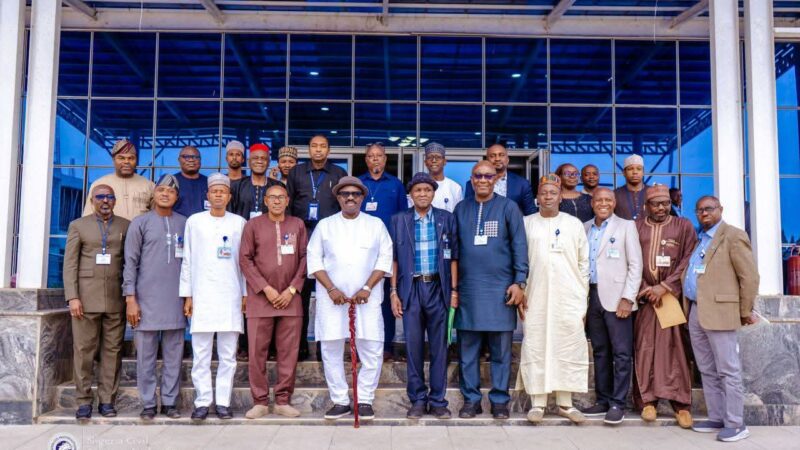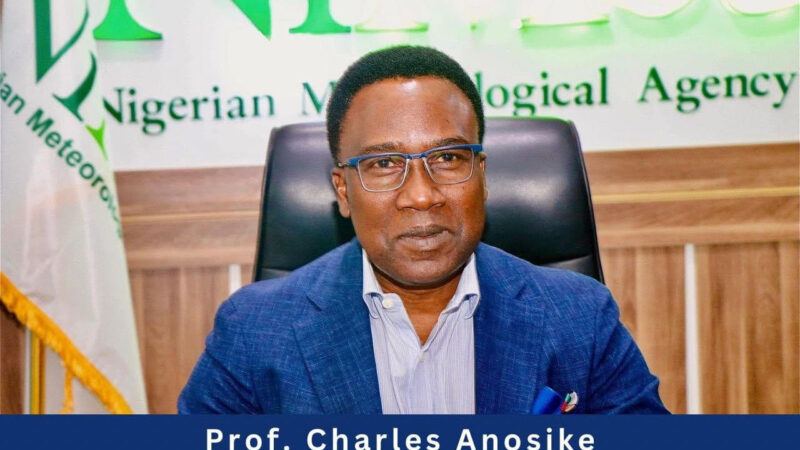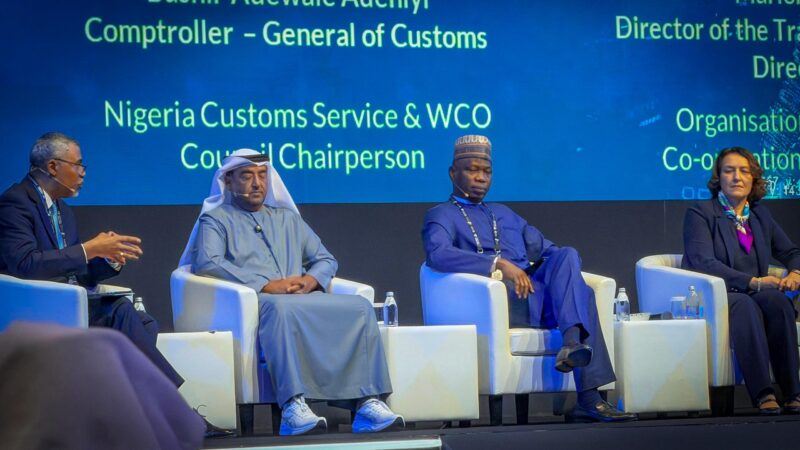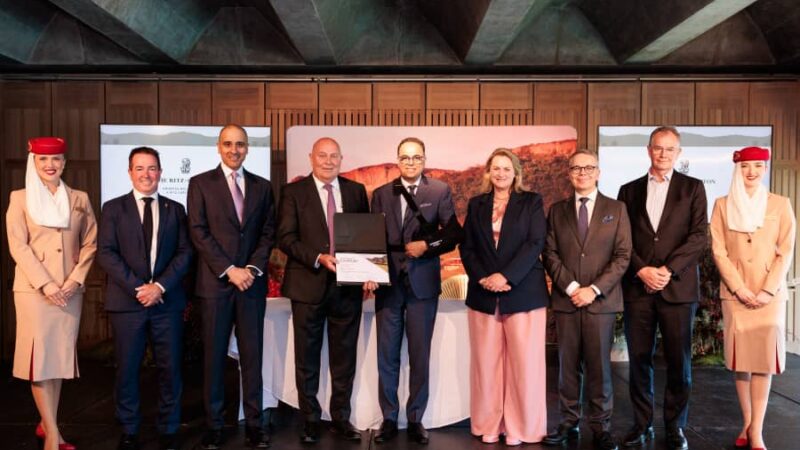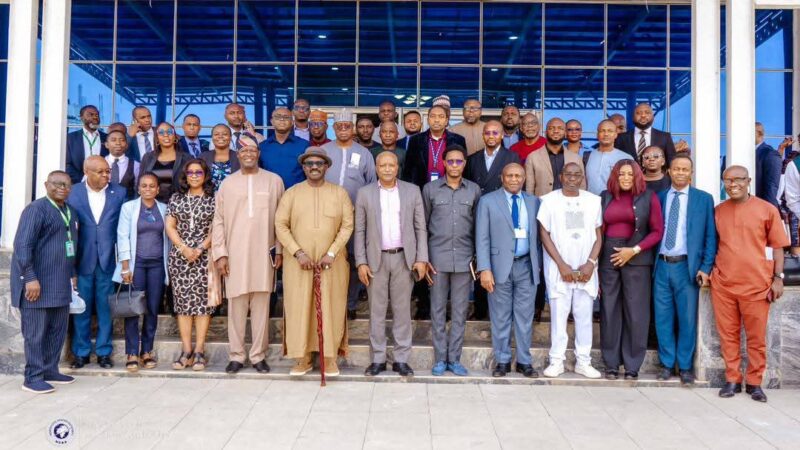NiMet Chief Named Among Nigeria’s Top 100 Environmental and Sustainability Professionals
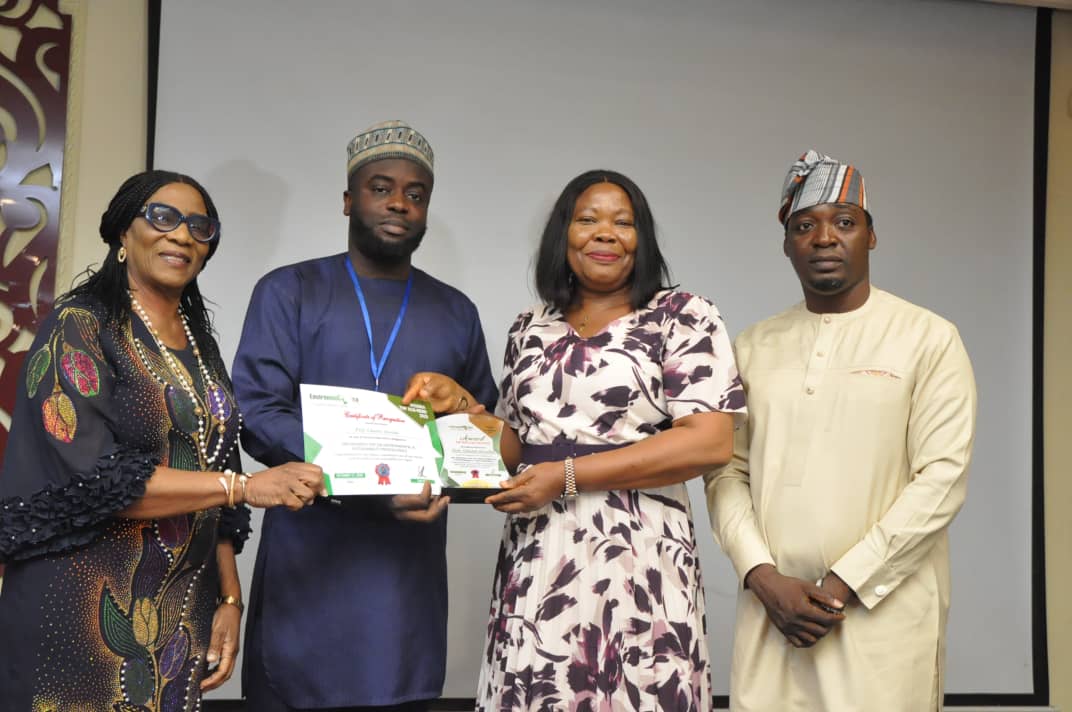
The Director General and Chief Executive Officer of the Nigerian Meteorological Agency (NiMet), Professor Charles Anosike, has been recognised as one of Nigeria’s Top 100 Environmental and Sustainability Professionals by Environment Africa Magazine.
The prestigious award celebrates individuals driving impactful change in climate resilience, environmental sustainability, and green innovation across the country.
Represented at the award ceremony by Mrs Glory Onyegbule, Director of Applied Meteorological Services at NiMet, Professor Anosike also received a Certificate of Recognition as Nigeria’s Top ECO-HERO 2025, further affirming his leadership in advancing climate-smart initiatives nationwide.
Under Professor Anosike’s visionary leadership, NiMet has undergone a remarkable transformation in the generation and dissemination of climate information.
He has prioritised making weather and climate data more actionable, accessible, and inclusive – ensuring that information reaches the most vulnerable communities and supports strategic decision-making across key sectors of the economy.
Over the past year, NiMet has significantly upgraded its early warning systems under his direction, enhancing their precision and impact. These improved systems now deliver timely, impact-based forecasts that enable communities and policymakers to better prepare for floods, droughts, and other extreme weather events.
Notably, these updates have extended the reach of meteorological services to farmers, disaster managers, and local governments in real time through mobile and digital platforms.
Professor Anosike has also championed the adoption of digital climate advisory services and AI-powered forecasting tools, which provide tailored weather insights to smallholder farmers – one of the groups most affected by climate variability.
By ensuring that forecasts are communicated in local languages and simplified formats, he has bridged the long-standing communication gap between scientific institutions and grassroots communities.
A key hallmark of his work is a systems-based approach that builds partnerships across academia, development agencies, and the private sector.
Through these collaborations, NiMet has expanded its network of weather stations, enhanced sustainable infrastructure, and strengthened training programmes for emerging climate scientists in Nigeria.
Beyond operational improvements, Professor Anosike has been a strong advocate for mainstreaming climate risk into urban planning, sustainability reporting, and national development frameworks.
His policy influence has encouraged organisations and institutions to take proactive steps in addressing climate vulnerabilities and investing in resilience.
His recognition as one of Nigeria’s Top 100 Environmental and Sustainability Professionals underscores his commitment to advancing climate action and sustainability through science, technology, and collaboration.
Environment Africa Magazine described Professor Anosike’s work as “a beacon of transformative leadership in Africa’s climate resilience journey,” noting that his initiatives are not only helping Nigeria adapt to today’s climate challenges but are also laying the groundwork for a more sustainable future.
With this honour, Professor Anosike joins a distinguished list of Nigerian leaders and innovators making significant contributions toward environmental stewardship, green innovation, and climate resilience across the continent.



